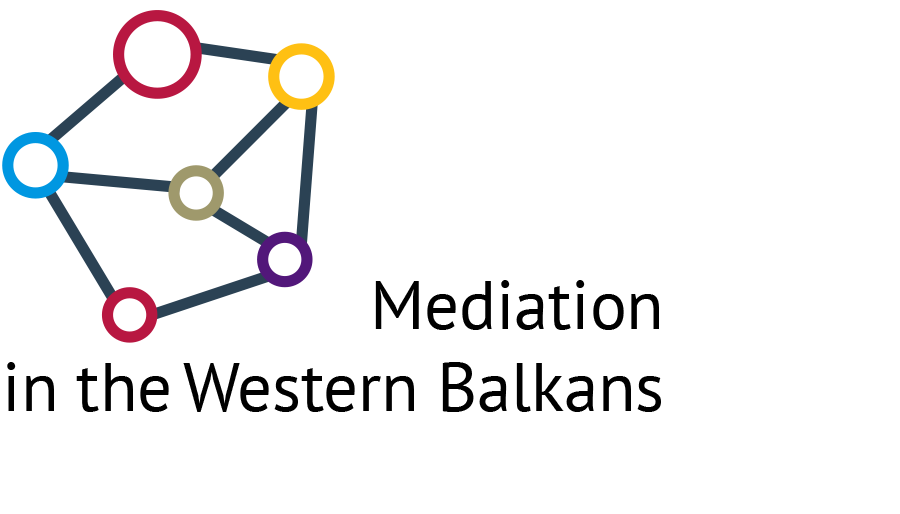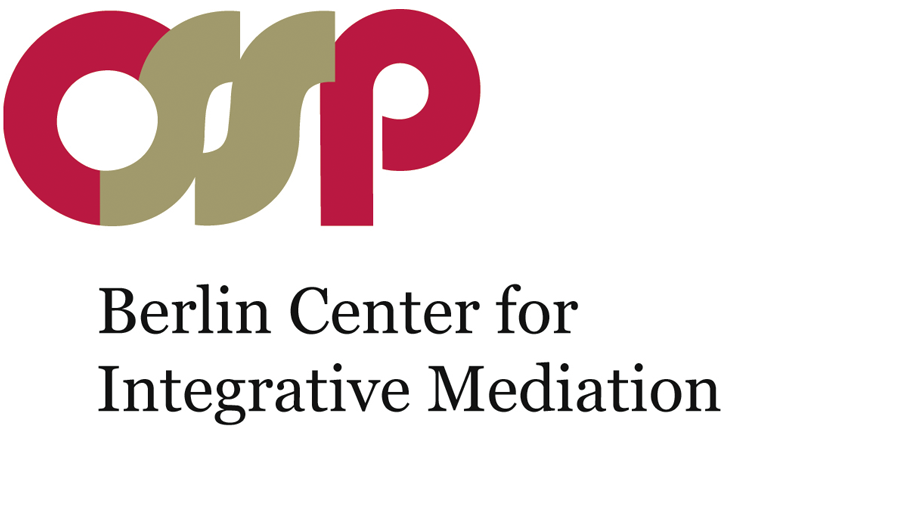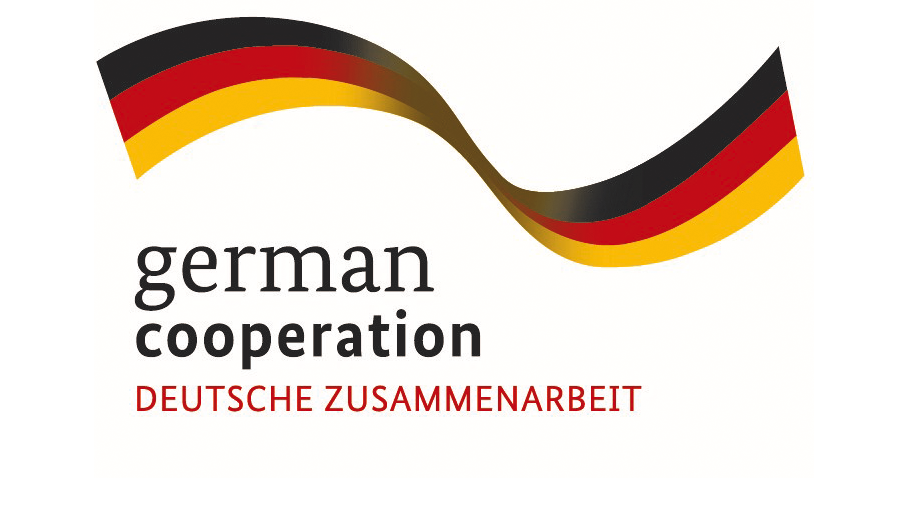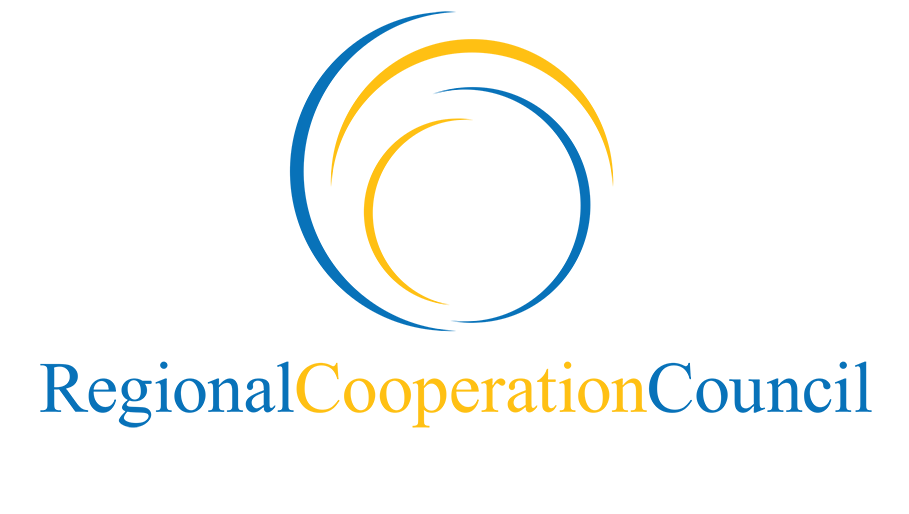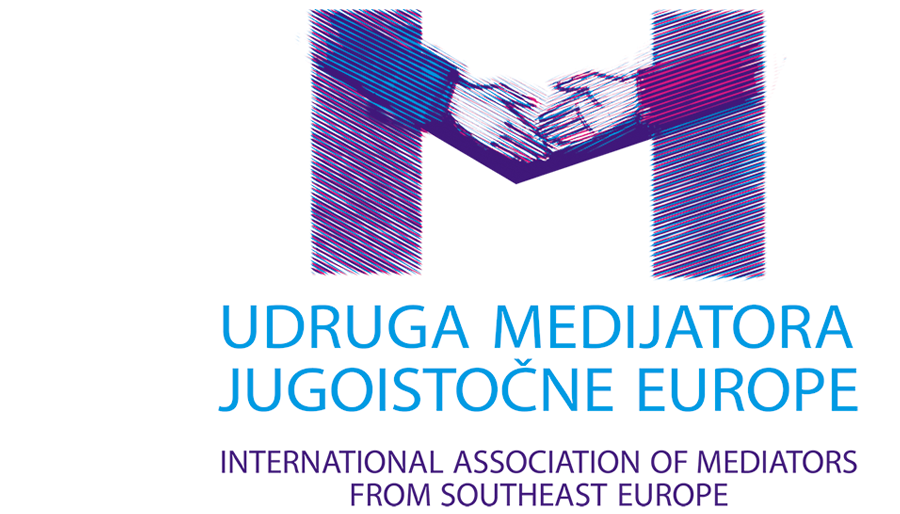Introduction and Legal framework
The concept of mediation was introduced and promulgated very ambitiously in Bosnia and Herzegovina after the adoption of the Law on Procedure of Mediation in 2004 (LPM). It is important to stress that this law is a state law, applicable in the whole territory of Bosnia and Herzegovina, unlike the majority of other procedural or substantive laws which are entity laws, valid only in certain entities. Given the nature of the mediation process, this fact is certainly an advantage. Also, the mentioned law does not define any limit in terms of categories of cases that can be solved through mediation, so, the applicability of the mediation is envisaged very broadly. Furthermore, this law is unusually brief for our legislative tradition, and it does not contain many details, but defines mediation broadly as a procedure in which a third neutral party (mediator) assists parties in an effort to achieve a mutually acceptable resolution of a dispute. Practically, the only strict provision of the LPM is related to the selection of a mediator, which on the one hand respects the autonomy of the parties, as typical for mediation, but, on the other hand, it limits the choice to the list of mediators determined by the Association of Mediators. This rule is meant to ensure compliance with legal requirements for dealing with mediation, and thereby also competence and quality of procedural acting.
Moreover, all relevant procedural laws such as entity civil procedure codes do contain identical and incentive provisions regarding the use of mediation. Thus, it is prescribed that at the earliest stage of the proceedings, at the preparatory hearing at the latest, the court may, if it finds it appropriate with regard to the nature of the dispute and the circumstances, propose to the parties the resolution of the dispute through mediation proceedings, as prescribed by a separate law, i.e., LPM.
Furthermore, all valid Criminal Procedure Codes in Bosnia and Herzegovina envisage possibilities for mediation when it comes to compensation claims. Therefore, the competent court may propose to the injured party and the accused, or to the defense council, that a mediation procedure is conducted through a mediator pursuant to the law if it estimates that the claim under property law is such that it is advisable to send it to mediation. The motion for mediation may be filed by both the injured party and the accused, or the defense council before the end of the main trial.
Finally, as mentioned above, the wording of the Law is general and brief, and the number of bylaws, guidelines and codes of practices were needed especially when it comes to the regulation of the organization and work of the Mediation Office and the Association of Mediators. This has been done in a timely manner and these documents can be found in Official Gazettes.
Awareness and education
In the year following the adoption of the described acts, international donors and partners such as IFC (World Bank) and the governments of Canada and the Netherlands, invested quite a lot in adequate education and awareness of this matter. Thus, a number of useful and methodologically advanced publications were issued. This includes handbooks for judges and lawyers, guidelines for the mediation process, training curricula with ensuing presentations etc. Moreover, since the construction contracts and disputes are identified as especially suitable for the mediation process, there was specific material focused on this area. Most of these materials can be useful even today after minor updates.
Also, thanks to the generous support of donors, a number of trainings were organised not only in Sarajevo and Banja Luka, where the seats of the educational centres Judicial Training Institutions are, but throughout the country in every regional centre. Furthermore, these trainings often included prominent lecturers from abroad. Having in mind the limited experience and knowledge domestic experts had in that period, this was considered necessary.
However, it seems that almost throughout this entire decade, mediation in Bosnia and Herzegovina is out of focus. This can be illustrated through the activities of the Judicial Training Centres (both in FBiH and RS). Namely, according to the expressed interest of Judges, i.e., because there has been no proposal for education in the field of mediation by the judicial community. Centers based their activities in the field of alternative dispute resolution mostly on arbitration and court settlement.
Furthermore, the High Judicial and Prosecutorial Council of Bosnia and Herzegovina, with the support of the EU, has developed a project on Court Settlement recently, which is intensely promoted among the general public.
Conclusion and/or proposal of future steps
It seems that legal and regulatory framework for mediation in Bosnia and Herzegovina is quite adequate and should not be an excuse for a small number of cases that are solved through mediation. Moreover, even if there are some imperfections, efforts should not be devoted towards legislative changes having in mind quite slow and complicated processes that would be required. Therefore, in order to put mediation back on the map in Bosnia and Herzegovina, the emphasis should be on awareness raising and education. Since, the model introduced in Bosnia and Herzegovina is so-called court-annexed mediation, i.e. mediation which is implemented after initiation of the litigation, it is quite clear that focus should be on the courts. Primarily, the emphasis should be on explaining differences and possible advantages of mediation in comparison with litigations and even court settlements and/or arbitration to judges and expert advisers in courts who are authorised to assist parties in deciding about mediation.
Judicial Training Centres in Bosnia and Herzegovina, with support of RCC and other partners might be the most suitable institutions to facilitate this endeavour.
______________________________________________________________________________________________________________________
About the Author: Dr Arben Murtezić is the Director of Centre for Judicial and Prosecutorial Training of the Federation of Bosnia & Herzegovina
Profile: https://www.balkanmediation.org/people/dr-arben-murtezic/
